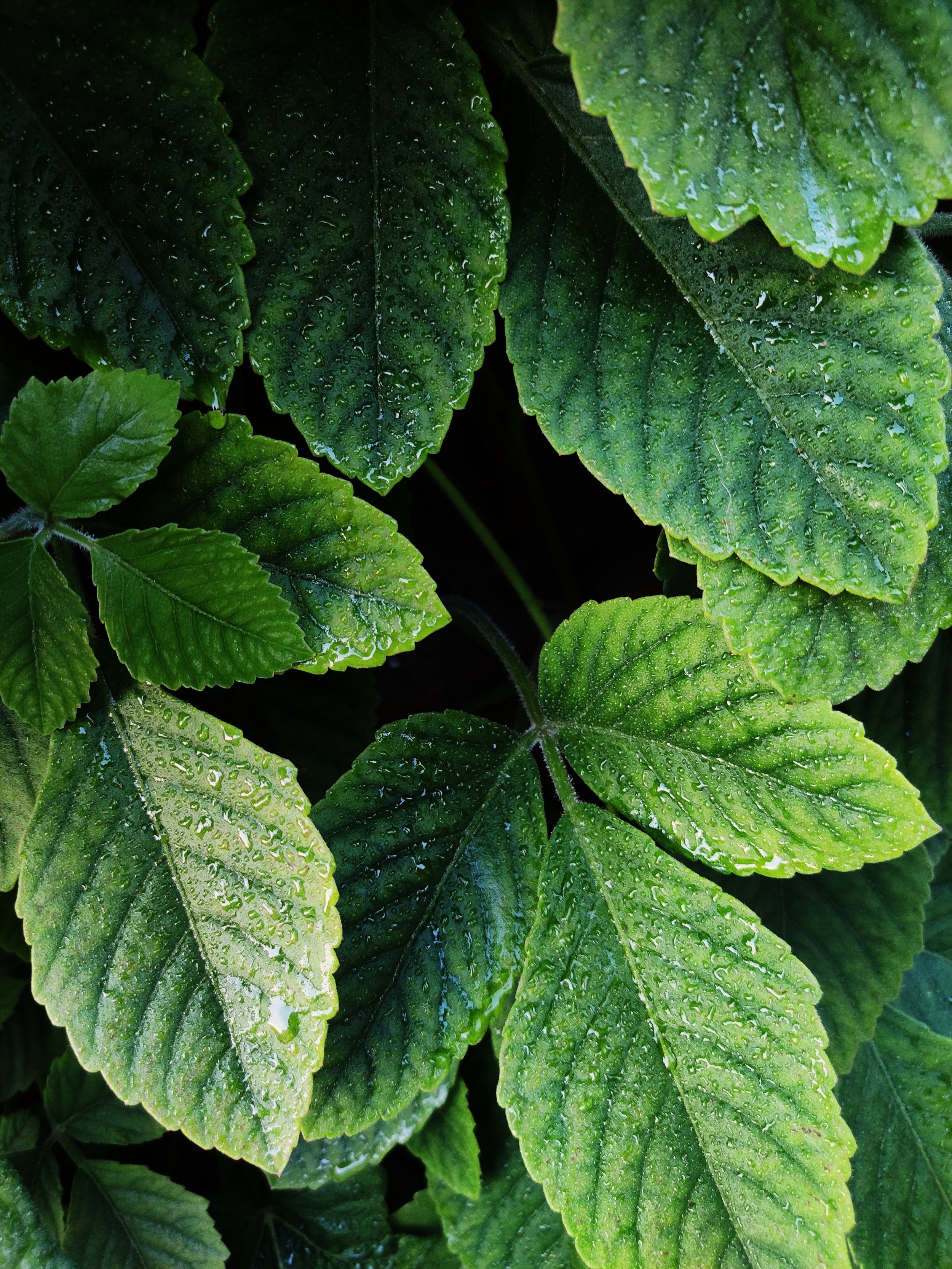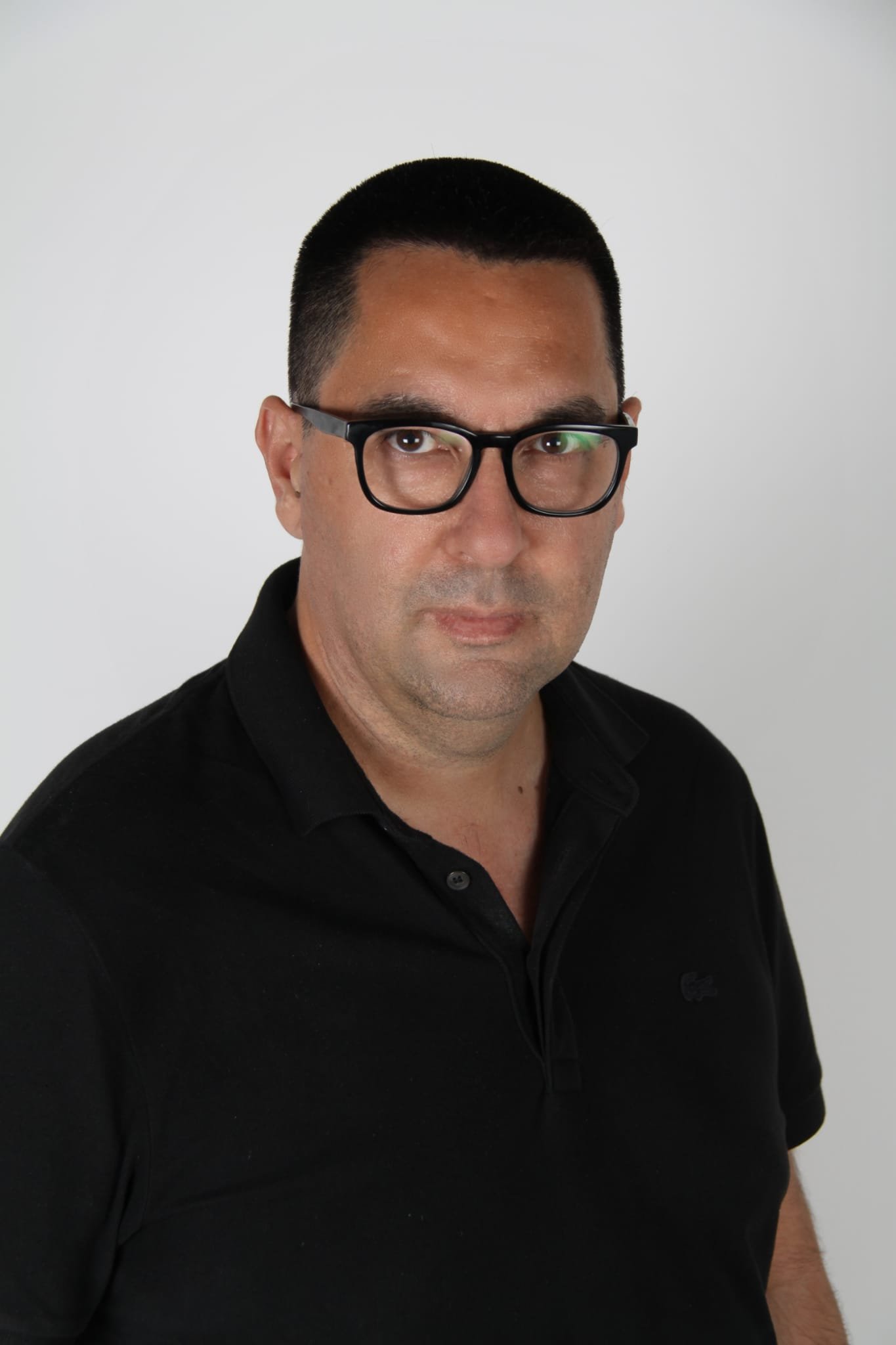
Who We are
Community weavers
Cultural Inquiry is an organism-centered cultural catalyst.
“Sweetgrass is best planted not by seed, but by putting roots directly in the ground. Thus the plant is passed from plant to earth to hand across years and generations. Its favored habitat is sunny, well-watered meadows. It thrives along disturbed edges.”
Robin Wall Kimmerer. Braiding Sweetgrass
We conceive cultural organizations as living, integrated, and reassembled organisms. As living beings, they are completely interconnected with their ecosystem (Nature and Community). As organisms, they are born, grow, communicate and exchange, reproduce, evolve, and, of course, someday die.
Organisms whose survival depends exclusively on their ability to adapt to their respective ecosystems and social contexts. Not on their number of visitants, their statistics, or their master plan level of achievement. Balanced and empathic organisms that care for and support nature and their communities as their most distinguishing mark.

“You need our eyes to see us”
The team
There is no other.
No Us vs. Them.
No Haves vs. Have nots
-

Jose Antonio Gordillo Martorell, Ph.D.
Founder and CEO
-

You
You as a cultural/social professional
-

Your Community
Whatever is the problem, communities are the solution.
-
Founder & CEOJose Antonio Gordillo Martorell, Ph.D. is the Founder and CEO of Cultural Inquiry. He is a professional with 23 years of experience in education, collective creativity, content co-creation, change-driven strategy, and vision, with a passion for the democratization of minoritized and unrepresented cultural voices and cultural heritage. He founded Children’s Boards in different Museums of the world as like the City of Arts and Sciences, Norrbottens Museums, HOTA-House of the Arts, or more recently Swiss National Museum, Museo of Solution in Mumbai, The Hunt Museum, Fondation Lascaux or Musée des Beaux-Arts Le Locle.
He is a Community Weaver and Catalyzer of Disruptive Social and Cultural projects. Author, futurist and playful expert. Passionate to build new children and nature-centered narratives as strategic tools for organizations. His main work areas are children's participation in democratizing organizations, Ge-AI design thinking participation of indigenous people, elderly, and children (capacity building), care Museum's creation and implementation, new community-based fundraising formulas, and “Soft” organization skills acquisition and training.
He is a member and advisor of the Diversity and Inclusion Task Force and Climate Action Community Task Force Member in Europeana Foundation, one of the biggest cultural platforms in Europe. Jose is Catalyzer at the Climate Catalyst Lab of Collaboratio Helvetica, a Researcher, and Content creator in RADAR on the topic of Centaur Future. He is leading some disruptive projects related to Gen AI and participating as Ghost in the Machine with Misha Sra Asst. Prof in the CS department at the University of California, Santa Barbara, and Purav Bhardwaj Master's student at the National Institute of Design in India, or the Re/Gen AI project with FabCafe Kuala Lumpur to involve indigenous people in the AI design thinking tool process.
He loves to contribute by offering mentoring support to organizations that are thriving in the new Gen AI context. Currently is involved in capacity building programs such as the 7th cohort of the Museum Education Mentorship program (EdMEM) of American Alliance of Museums, Museum Territory of Terror in Lviv, or Re-Connecting with your inner self in cooperation with MuseoSpace Foundation and The Basel Academy of Art and Design FHNW.
He publishes regularly articles in Peer Reviewed International Journals such as the Journal of Museum Education, ICOM, or Culture Caleidoscoop, or in digital platforms such as Medium. Currently is involved in some editorial projects as his future book “Why are the people who work here so sad?” with Hatke Cantz, or the next year's book coordinated by Barbara Smith and published by Rowman & Littlefield Publishers with a chapter about “Students as Museum creators”. He is invited as a speaker at international conferences and summits as well as on podcasts as Museum Human or Thinking Museum.


